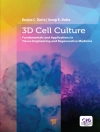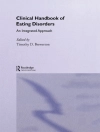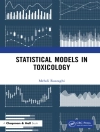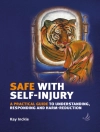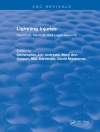From the viewpoint of a health economist, the intensive care unit (le U) is a particularly fascinating phenomenon. It is the epitome of "high-tech" medicine and frequently portrayed as the place where life-saving miracles are routinely wrought. But the popular imagina- tion is also caught up in the darker side, when agonizing decisions have to be made to avoid futile and inhuman continuation of expen- sive treatments. My analytical interests led me to approach these issues by asking what the evidence tells us about which leu activities are very bene- ficial in relationship to their costs and which are not. This quickly translates into a slightly different question, namely, which patients are most appropriately treated in an leu and which not. Unfor- tunately, it is very hard to answer these questions because it has pro- ved very difficult to investigate these issues in the manner which is now regarded as the "gold standard:’ namely by conducting rando- mized clinical trials or alternative courses of action. I think this is a pity, and I am not at all convinced that it would be unethical to do so in many cases, because there is wide variation in practice and ge- nuine doubt as to which practices are best -the two conditions that need to be fulfilled before such a trial is justifiable.
V. Fidler & D. Reis Miranda
Organisation and Management of Intensive Care [PDF ebook]
A Prospective Study in 12 European Countries
Organisation and Management of Intensive Care [PDF ebook]
A Prospective Study in 12 European Countries
ซื้อ eBook เล่มนี้และรับฟรีอีก 1 เล่ม!
ภาษา อังกฤษ ● รูป PDF ● ISBN 9783642602702 ● บรรณาธิการ V. Fidler & D. Reis Miranda ● สำนักพิมพ์ Springer Berlin Heidelberg ● การตีพิมพ์ 2012 ● ที่สามารถดาวน์โหลดได้ 3 ครั้ง ● เงินตรา EUR ● ID 6328633 ● ป้องกันการคัดลอก Adobe DRM
ต้องใช้เครื่องอ่านหนังสืออิเล็กทรอนิกส์ที่มีความสามารถ DRM


